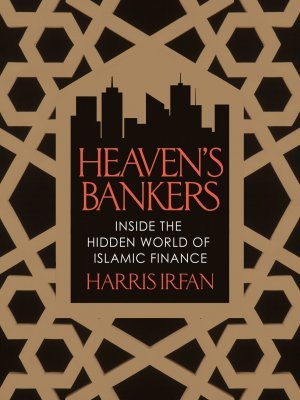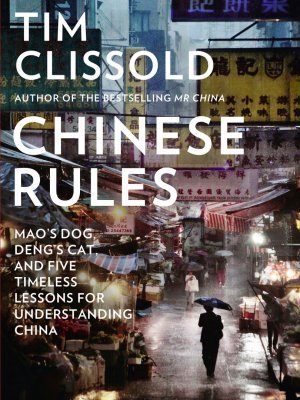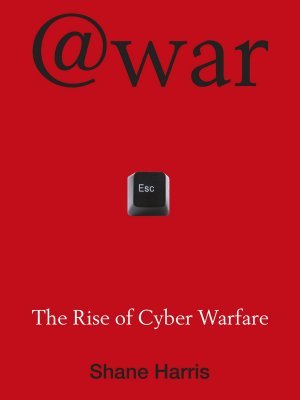@War - The Rise of Cyber Warfare - Shane Harris - Headline UK - R325
There’s a terrible dichotomy at the heart of Shane Harris’s book. “They” really are out there on the Internet, trying to steal our information and do us harm, and that’s why government security agencies need to be able to read all our emails and snoop on us digitally. But more often than not, “they” are the very same agencies which claim to be doing this all for our own good. According to the likes of Edward Snowden and Julian Assange, they’re hoovering up vast and unnecessary amounts of personal information that is no possible use to anyone.
Harris has written extensively about cyber security over the last decade or so and in @War he assembles a persuasive case that many large nations are already engaged in hostilities in the online arena. Witness recent headlines about the United States and China, which routinely penetrate each other’s defences to steal crucial information, both military and commercial.
So why is this book vital reading for business executives? Put bluntly, if you think that IT security is something best left to the geeks in the basement, you are hopelessly wrong. This issue must be on the CEO’s desk as well as the Board’s Agenda. At the simplest level, your new product blueprints could already be in someone’s computer in Beijing or Moscow. In the worst case, the global financial system could implode in a way that makes the collapse of Lehman Brothers look like a pre-school picnic.
Chinese Rules - Tim Clissold - HarperCollins UK - R270
Could this be the best book I’ve ever read on China? No, that honour is still reserved for On China, by Henry Kissinger. But that’s a big heavy political text filled with dense political and historical insight. It was tough going towards the end. Tim Clissold’s new one, on the other hand, I read in two sittings, cover-to-cover.
It’s a business book but with a major difference: it’s also a fascinating yarn. Tim Clissold, a businessman with deep experience of China, tells the story of how he was called back there, first to save and then launch a new venture in trading carbon credits. His writing quickly engages the reader in the tale which has a number of elements of genuine suspense. Will the deals go through or not? The experts say we learn through stories. Tim Clissold’s Chinese Rules is ample demonstration of that. Highly recommended.
Heaven’s Bankers - Inside the Hidden World of Islamic Finance - Harris Irfan - Little Brown - R220
There’s a fair chance that if the likes of Bear Stearns and Lehman Brothers had embraced the principles of Islamic finance, we might not have had the 2008 global financial meltdown. That’s because Islam forbids usury, which is taken to mean all forms of interest and not just excessive amounts. It also forbids the kind of speculation which produced the CDOs which underpinned the subprime mortgages which caused the crash in the first place. In short, Islam forbids the use of money to make money.
All this and a great deal more I learnt through a reading of Heaven’s Bankers by Harris Irfan, a former head of Islamic finance at both Deutsche Bank and the Barclay’s Group. Irfan traces the origins of Islamic finance back to Islam’s roots in the 7th Century, but more so from its re-emergence in the 1950s and 60s, through to its explosive rise in the 90s and the early part of this century. As he does so, he explains the theological tenets - Sharia law - which underpin Islamic finance’s rules. At its heart, it’s about fairness and justice and ensuring that the rich do not oppress the poor - hence the ban on interest.
Irfan’s book explains the key principles of Islamic finance and its development, and also gives an insight into Islam itself which is far, far more nuanced and informed than anything you’ll read in the mainstream press. It’s a must-read not only for anyone involved in the banking and financial industries, but also anyone watching our current geopolitical evolution.







